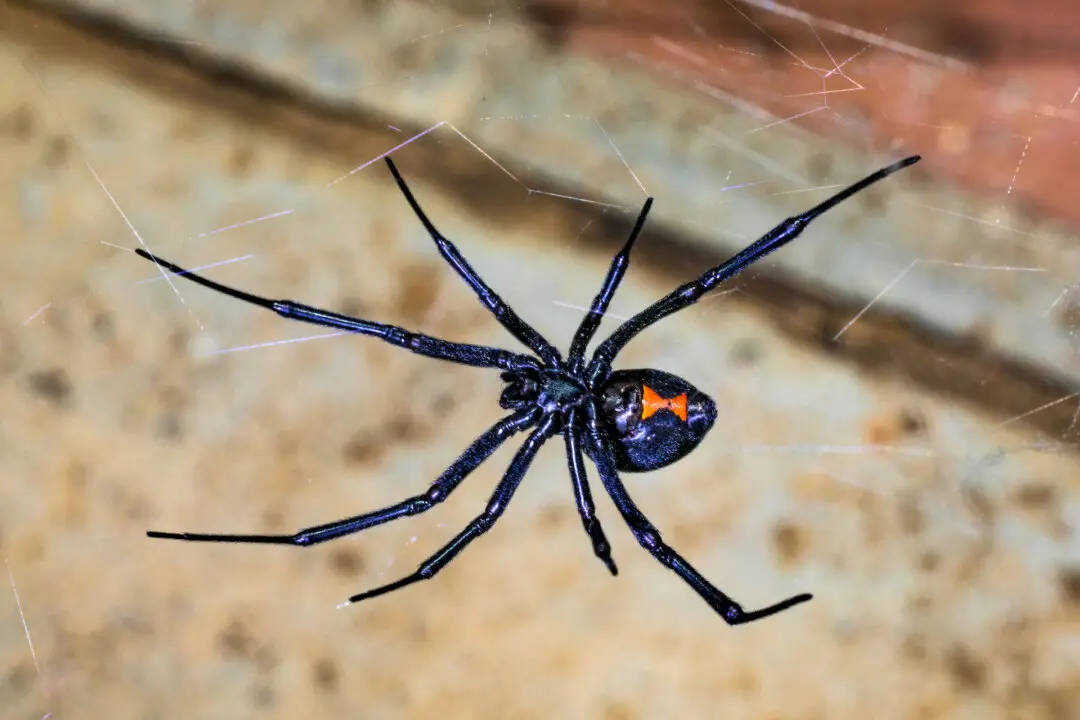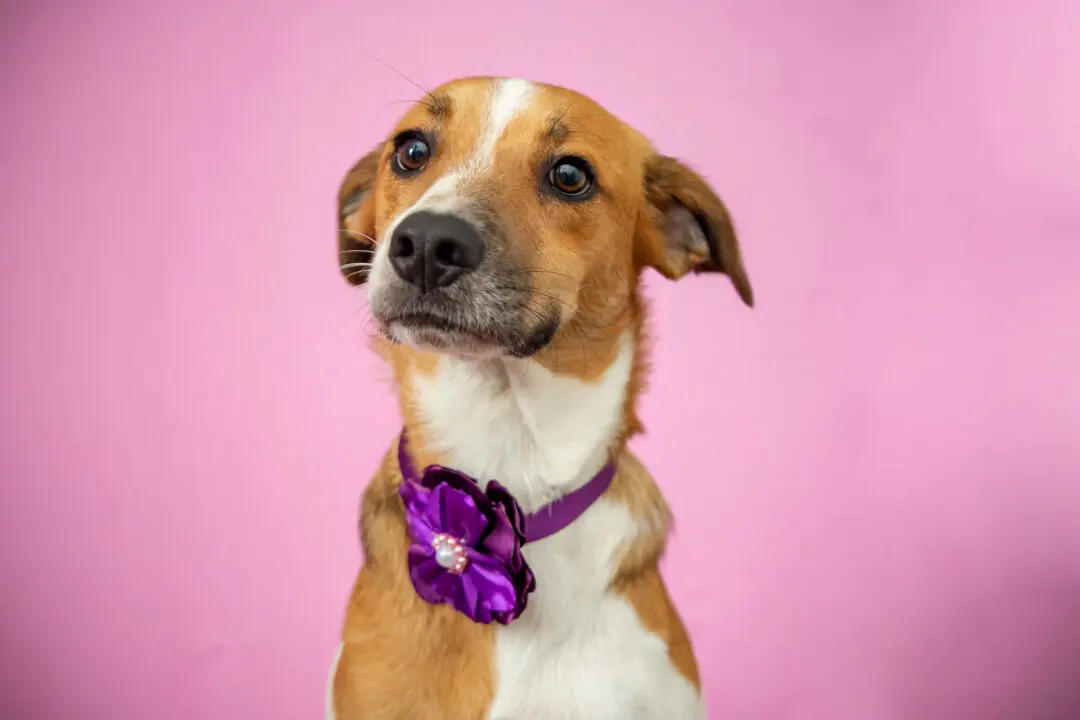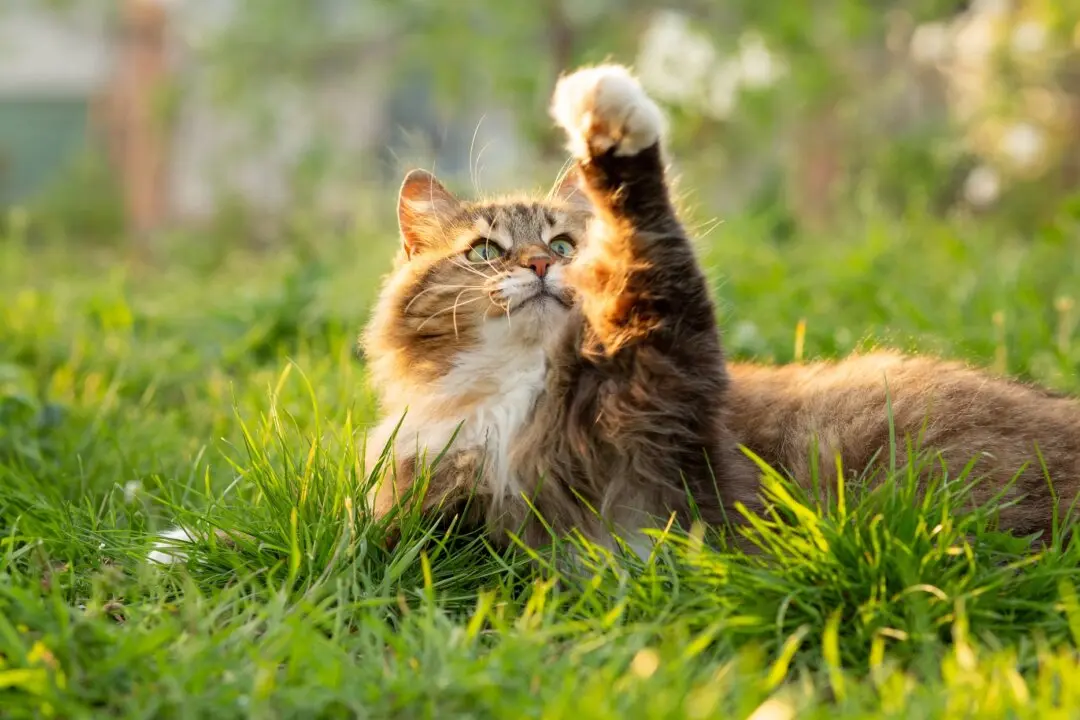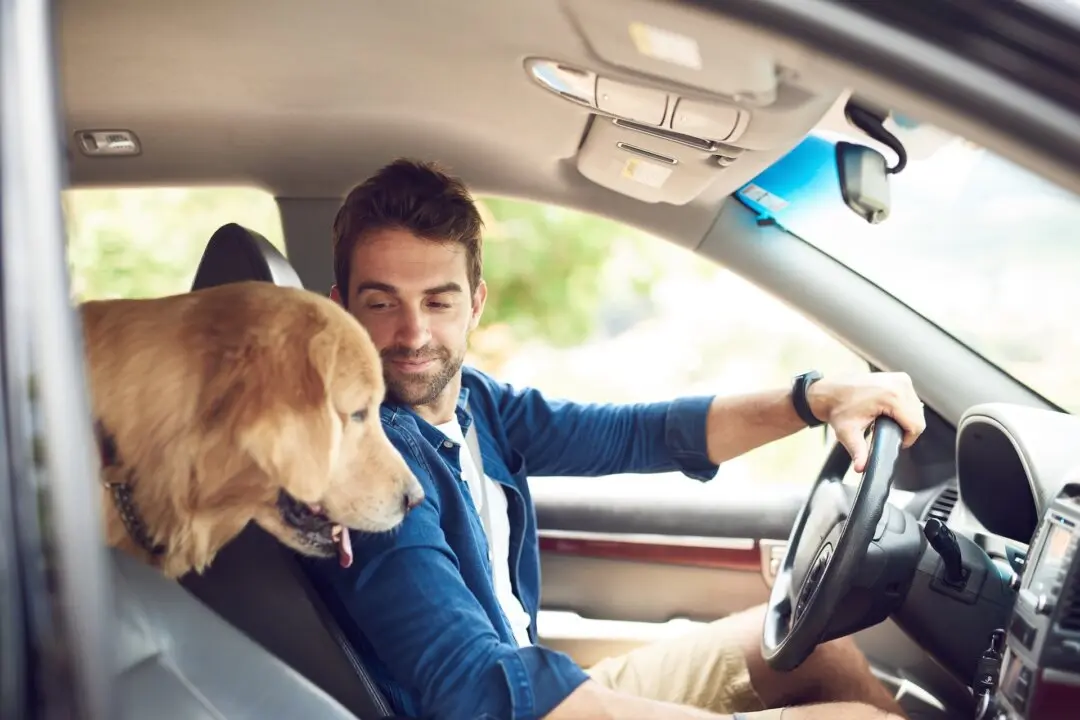Q: How do we find a nice hamster for our daughter? A friend of hers has a hamster that bites, and we don’t want that. Also, do hamsters need vaccinations?
A: Veterinarians often refer to hamsters, gerbils, mice, rats, and guinea pigs as “pocket pets.” Because hamsters are nocturnal—they’re active at night and sleep during the day—and many of them nip, you may want to choose another species of pocket pet for your daughter.





